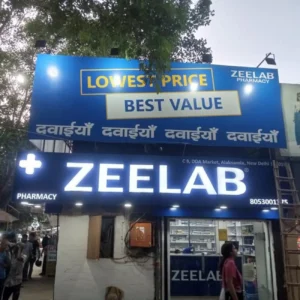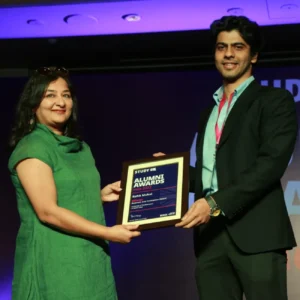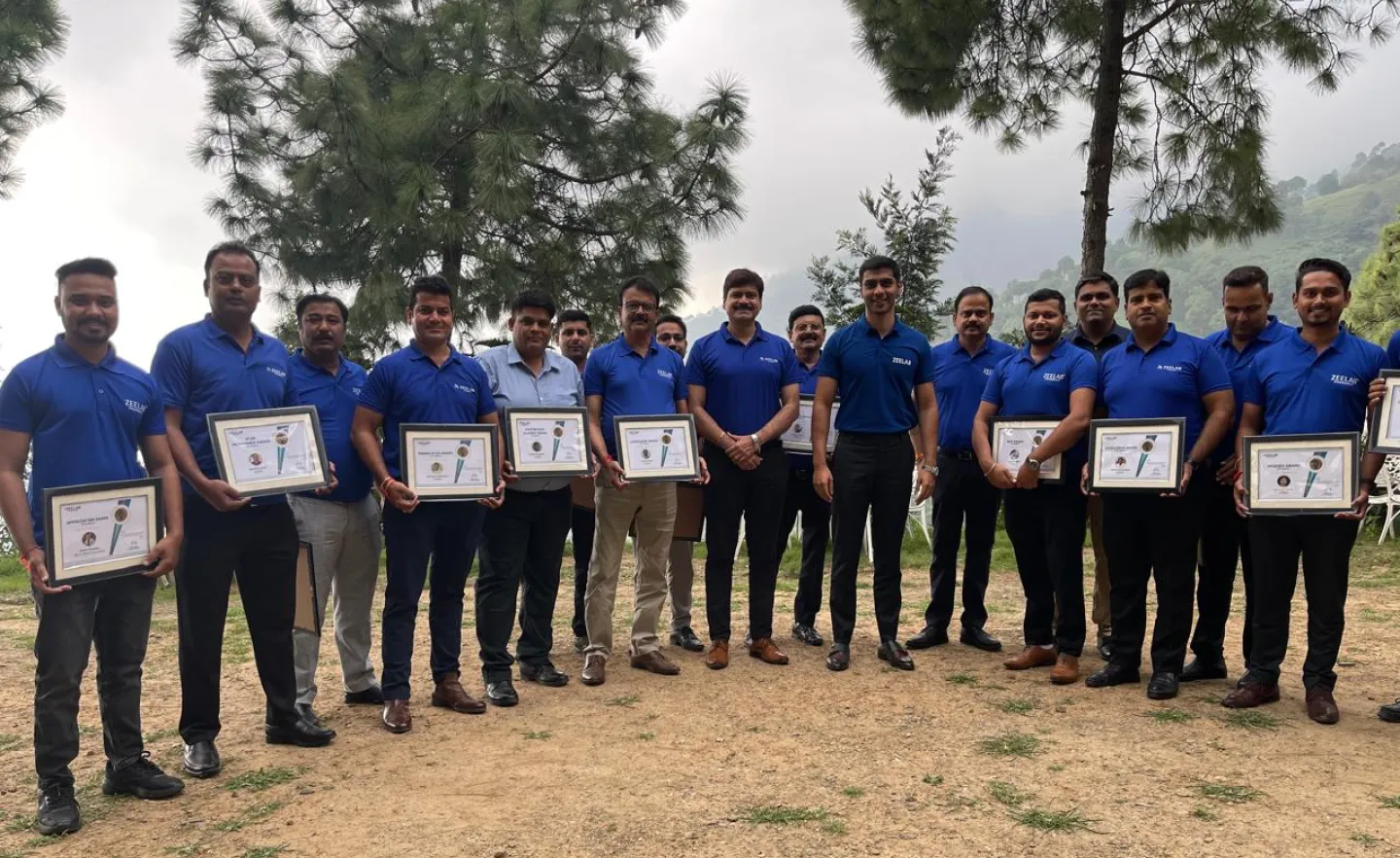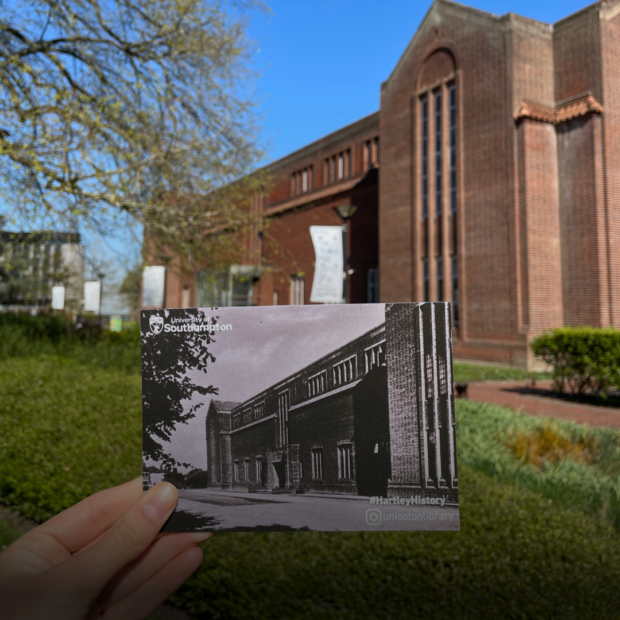Hartley News Online Your alumni and supporter magazine
Former Southampton law student Rohit Mukul (LLB Law, 2017) is on a mission to make medicines more affordable to everyone in India.
Rohit joined the University of Southampton in 2014, after being drawn by our global reputation and research-led curriculum, but it was the inclusive culture and the rigorous academic environment that laid the foundations of his entrepreneurial journey.
Now, a decade later, Rohit is leading Zeelab, one of India’s fastest-growing start-ups, aiming to provide medicines at 90% lower cost to patients across India, with the ultimate goal of ensuring every citizen has access to medicines at their true price.
“I owe a great deal to Southampton and my time at university,” he says. “One of the best habits I gained at Southampton was the habit of working hard. Before coming to university, I wasn’t used to reading 400 pages a week, but that became the norm. It was a steep learning curve, but it was inclusive and nurturing and by the time I finished my degree, I learnt that anything is doable. Facing that rigour and the challenges that come with it puts you in a very, very good space for your post-university years.”
The Zeelab idea
“I spent almost four amazing years in the UK and during that time, I travelled to other European countries like France and Germany. I noticed the medicines in these countries were always sold by the composition name – paracetamol is sold as paracetamol, not as the brand which produced it. In India, that is not the case. In India, medicines are sold by the brand and therefore come with premium costs, which are always put on to the patient buying it. I thought ‘if medicines around the world are sold by the composition name, why not in India as well?’”
Rohit carried out market research into consumer buying habits, their access to medications and asked them what they really wanted and needed from medicines. As a proof of concept, he took ten medicines on the market and sold them to existing pharmacies.
There are now more than 250 branches, and one million people using the Zeelab app. The organisation has more than 1,000 employees and recently celebrated securing $2.4 million in its maiden funding round.
Putting the customer first
“I spent about six months at two different points of sale – with the doctors prescribing the medicine and with the chemist who was dispensing it; and people were always asking for discounts and looking for alternative, cheaper options that had the same quality.
“For certain customers, the difference in cost can be truly life-changing. I’ve seen first-hand the impact it can make. A 65-year-old man who had to choose between an antibiotic for his niece or funding his daughter’s marriage would most likely choose the latter. But we’ve been able to make medicines accessible to more people and it’s been incredibly gratifying.”
Zeelab’s rapid success has not come without resistance. Not only has India’s pharmaceutical industry and its lobbying groups pushed back but, as a young businessman, Rohit is facing a westernised industry with entrenched views.
“It’s been challenging to get leaders and policymakers to buy into the vision and change the way they think about things. For the last 200 years, no one has thought of the patient as the customer of the pharma industry. Doctors and retailers are always the customers. But we are putting the patient at the centre of everything – quality, price, speed. We want to ensure that every single customer’s expectations are not just met, but exceeded. Big businesses don’t think like that, so there has been some resistance. But slowly and gradually they have come to terms with the fact that this change was not brought about by Zeelab, but because India is becoming a first-world economy and therefore medicines will be sold in the same manner as our Western counterparts. Some still think this is a short-term thing, but I genuinely believe that medicines in India will change forever.”

Symbiotic support
Rohit credits Southampton’s inclusive community as a valuable support during Zeelab’s journey, not just while he was a student, but as a member of the alumni community.
“I don’t think any other university has an alumni community like Southampton does,” he says. “My brother went to university in the UK, and he does not get the type of support we do. The team is fantastic at keeping in touch, and I’ve been able to develop wonderful relationships post-graduation, which I think is unique.”
As a result of Southampton’s close-knit community, Rohit has supported the University in plans to establish a campus in Delhi. In August 2024, Southampton became the first UK university to be granted a licence by the Indian government to create a comprehensive campus in the country. University of Southampton Delhi NCR will deliver education, research, knowledge exchange and enterprise activity in the country.
“It’s a great opportunity for both the University and the community of students in north India who could all benefit from an international curriculum. They will have access to a more affordable, higher quality university education and be closer to home. There are so many benefits for everyone,” he adds.

The future
Rohit is thrilled with the company’s success so far, but admits he’s only just scratching the surface.
“There is still so much more that can be done,” he says. “We want to reach as many Indian patients as possible and open thousands of stores across India. But as well as that, we want to build the infrastructure so we can deliver to patients in all Indian metro cities within 30 minutes. We want to expand our workforce and people’s attitudes to affordable medicine in India. It’s a big mission but I believe we can do it.”


